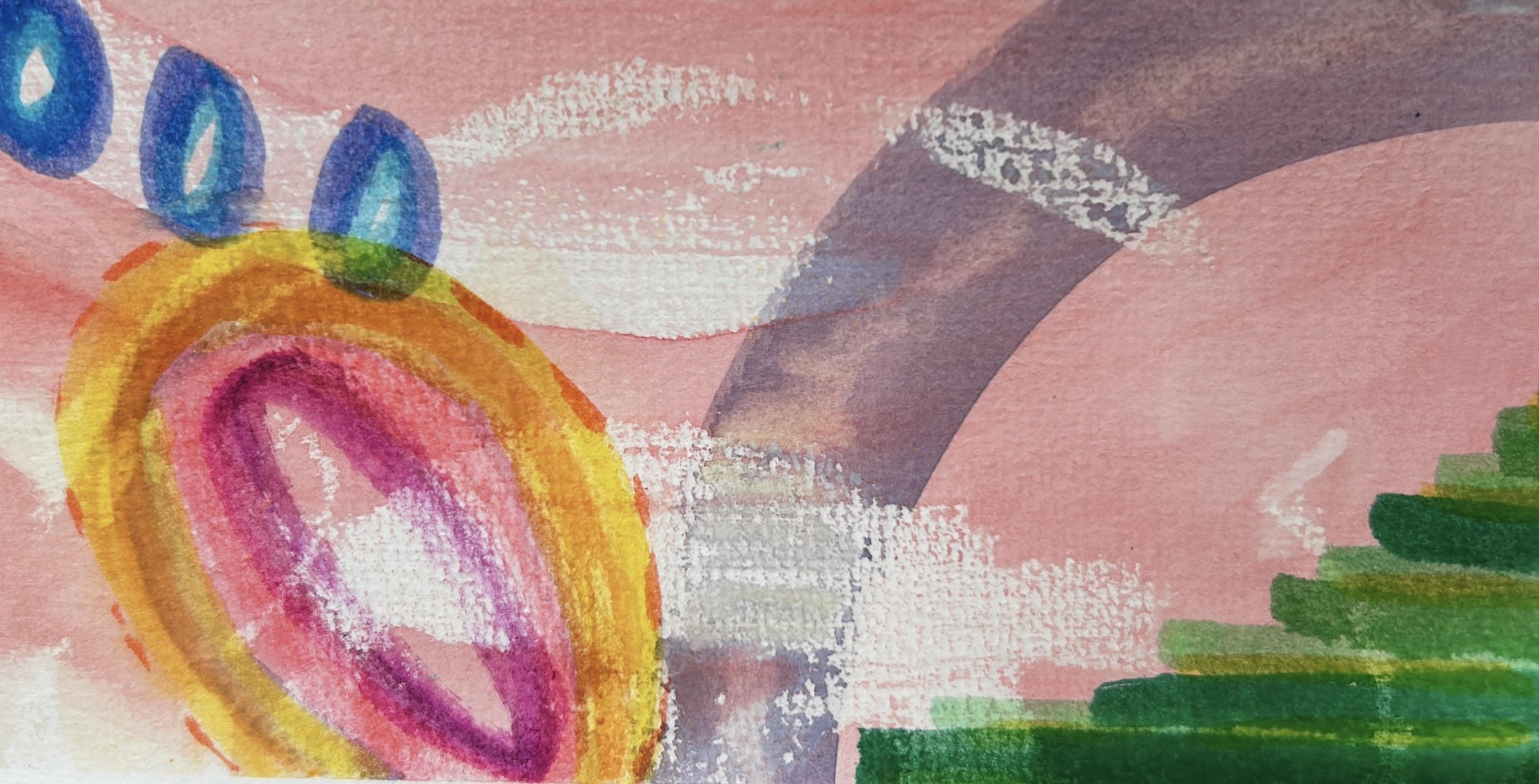
Art Therapy
The Healing Power of Creativity
Art Therapy is for Everyone
Artistic skill or experience is not required - just an open and curious mind! Discover how creativity can aid mental health, emotional well-being, and personal growth. Art-curious beginners are welcome!
Art Therapy combines different modes of creative expression in one therapy session. You’ll have the option of choosing from and even combining different art supplies, and then participate in a 5 step Active Imagination process that will foster healing, personal growth, insight, and positive change. Here’s how the process might look:
You can set an intention for the process by way of articulating a personal goal, a need, a desire.
Relax and enjoy a brief guided imagery/meditative process.
Create an image of any kind or type - choosing from an array of available art materials (watercolors, pastels, pencils, charcoal, markers, collage, paper).
Reflect on your new image through writing and movement.
Share and process your experience as we talk together about what the creative process is bringing up for you.
Why does it work?
Art Therapy philosophy is grounded in the belief that creative expression itself is a source of holistic and profound healing power. Creative endeavors are experiential, rather than abstract, and engage us completely, in body, mind, and spirit. Clients participating in art therapy are able to find better connection with themselves, the people around them, and the world they live in. As Carl Jung said, "Often the hands know how to solve a riddle with which the intellect has wrestled in vain."
What if I'm not an artist?
Art Therapy is for anyone and everyone. The goal is not to create finished fine art products, but rather access your unique creative ability that is innate and universal, not just the purview of professional or naturally skilled artists. During our sessions, we will do some work with the "inner critic" in order to release any shame or judgment. This will open the way for the free expression of your internal experience, and foster an ability to unconditionally value the creative part of you that represents who you really are.
Author and Expressive Art Therapist Shaun McNiff summed it up by stating, "My experience has repeatedly proven that any person can express himself or herself in an authentic and intriguing way, with just about any art form" (Trust the Process, The Art of Letting Go, 54).
What materials are involved in Art Therapy?
Art Therapy involves the use of various art materials, such as paint, clay, markers, and collage, to express thoughts and feelings that might be difficult to articulate with words. The process itself is therapeutic, as it provides a safe space for self-expression and reflection.
Key Techniques in Art Therapy:
Drawing and Painting: These activities can help individuals express emotions and thoughts that they might not be able to verbalize.
Sculpting: Working with clay or other materials can be a grounding experience, helping clients connect with their physical sensations.
Collage: Creating collages can help individuals piece together different aspects of their experiences and see their lives from a new perspective.
Digital Art: Modern Art Therapy often includes the use of digital tools, allowing for innovative ways of self-expression.
Embodied Expression through Movement: Exploring through movement adds important dimensions of understanding and often brings unexpected insights.
Benefits of Art Therapy
Art Therapy offers a wide range of benefits, making it a valuable tool for various populations. Some of the most notable benefits include:
Emotional Release and Processing: Art Therapy provides a non-verbal outlet for emotions, which can be particularly beneficial for those who struggle to express their feelings through words.
Stress Reduction: Engaging in creative activities can be relaxing and meditative, helping to reduce stress and anxiety levels.
Self-Discovery and Insight: Creating art can lead to insights about oneself and one's experiences, fostering self-awareness and personal growth.
Enhanced Problem-Solving Skills: The creative process encourages thinking outside the box and can improve problem-solving abilities.
Improved Self-Esteem: Completing an art project can boost confidence and self-esteem, providing a sense of accomplishment.
Social Connection: Group Art Therapy sessions can foster a sense of community and provide social support.



